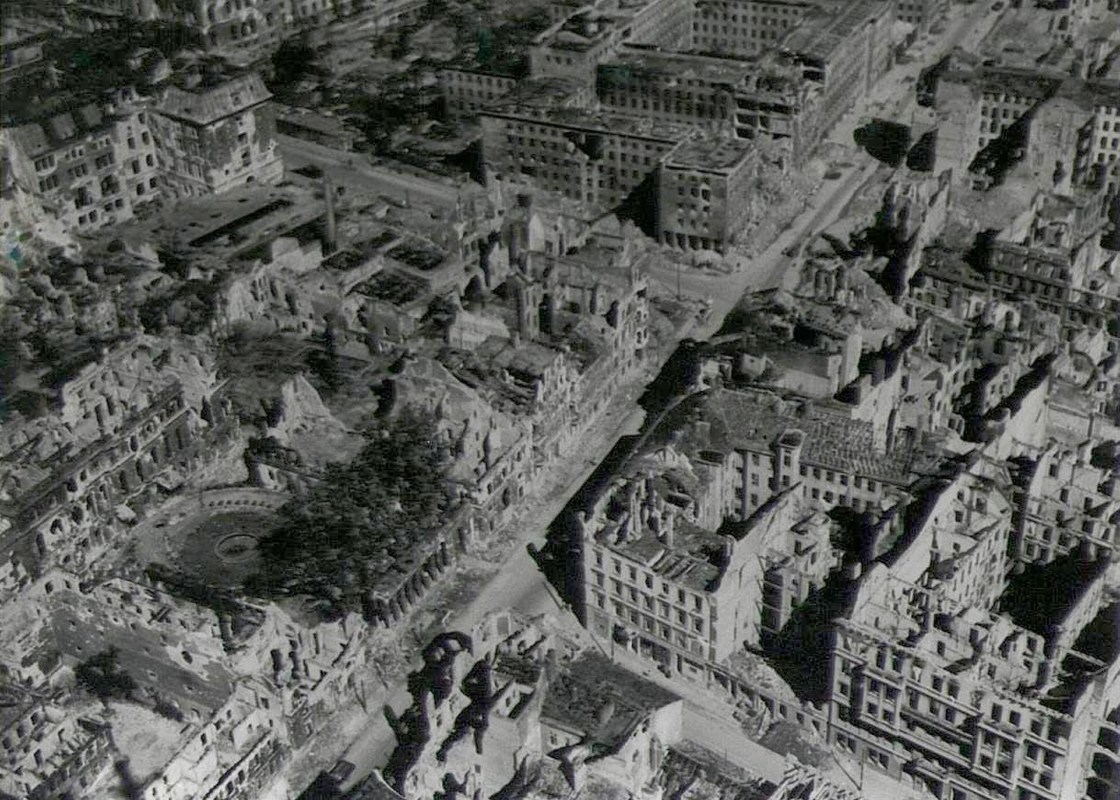Bombing raids held during World War II left deep and obvious scars on the land, but a new study shows that they also impacted space. Shockwaves from the bombing reached the edge of space, which actually weakened Earth’s upper atmosphere, called the ionosphere, reports CNN.
Researchers analyzed daily records from the Radio Research Station at Ditton Park, which kept routine measurements of the ionosphere from 1933 to 1996. The researchers focused on major bombing raids of German cities by Allied forces and the Royal Air Force between 1943 and 1945. These bombing raids were more intense, shorter and occurred during the day, compared to other bombing raids held during WWII.
What the researchers discovered is that the shockwaves produced by the bombs were able to reach the ionosphere 621 miles above. Those shockwaves heated the upper atmosphere and weakened it, causing a decrease in the amount of electrons in the atmosphere. Since we know very little about the ionosphere, it is hard to say what impact that may have had for the humans on Earth.
Thanks for reading InsideHook. Sign up for our daily newsletter and be in the know.


















